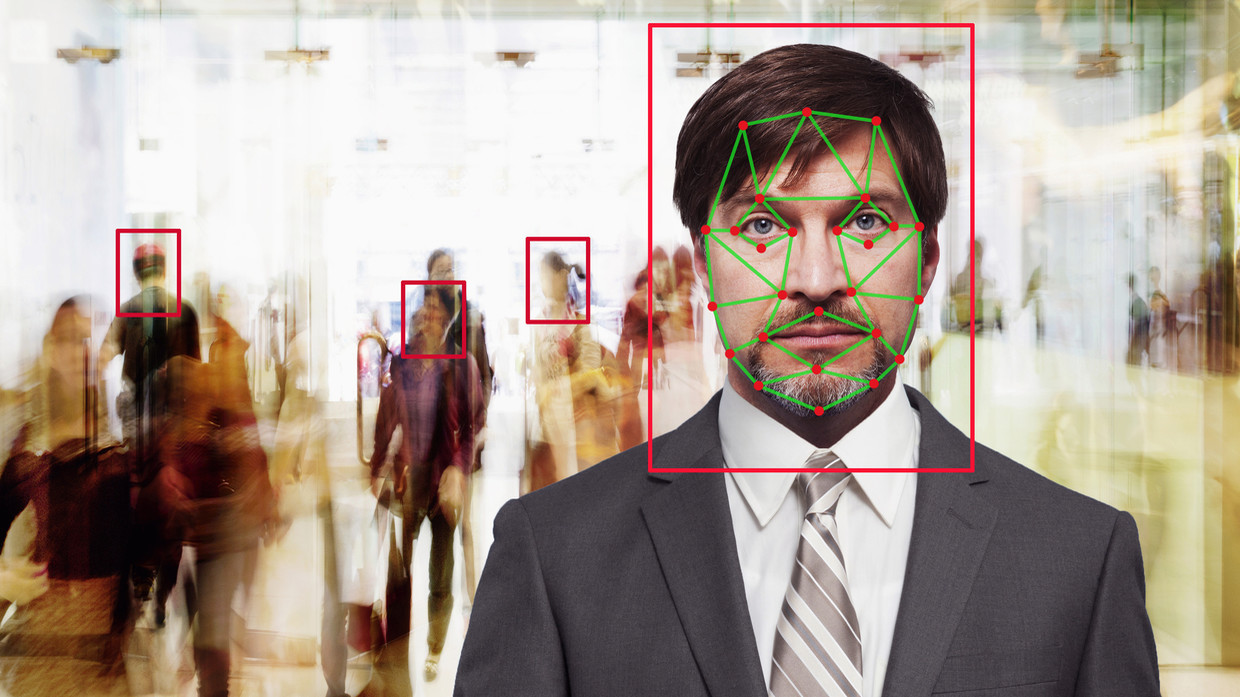The US Internal Revenue Service (IRS) has announced it will not require taxpayers to prove their identity through facial recognition software, reversing course on a move that was set to take effect next summer, after concerns were raised over security and privacy.
While the agency was preparing to roll out a new system using a third-party agency to authenticate new accounts for taxpayers starting in mid-2022, which included a facial recognition component, it said it would no longer go through with the plan in a Monday announcement.
“The IRS takes taxpayer privacy and security seriously, and we understand the concerns that have been raised,” said IRS Commissioner Chuck Rettig. “Everyone should feel comfortable with how their personal information is secured, and we are quickly pursuing short-term options that do not involve facial recognition.”
The tax authority added that the transition away from the third-party platform would take place over the coming weeks in order to prevent “larger disruptions” during the tax-filing season in the spring, and that the change would have no effect on residents’ ability to pay taxes currently owed.
Senate Finance Committee Chair Ron Wyden (D-Oregon), as well as several Senate Republicans, previously raised concerns over the new system – which was set to be managed by the Virginia-based tech firm ID.me. Wyden deemed the reversal a “smart decision” in a statement on Monday.
“The Treasury Department has made the smart decision to direct the IRS to transition away from using the controversial ID.me verification service,” the senator said, adding: “No one should be forced to submit to facial recognition to access critical government services.”
Democrats in the House have argued much the same, with Representatives Ted Lieu (California), Anna Eshoo (California), Pramila Jayapal (Washington) and Yvette Clarke (New York) penning a letter to the IRS earlier on Monday demanding the agency reconsider the move.
“Millions of Americans use the IRS website annually for a variety of vital functions, and, as a result, each of them will be forced to trust a private contractor with some of their most sensitive data,” they wrote. “We urge the IRS to halt this plan and consult with a wide variety of stakeholders before deciding on an alternative.”
The new authentication system would have required applicants to submit a larger amount of personal data than before, including a live video of their own face captured by their cell phone or a computer webcam, as well as copies of bills and other identifying documents. More than two-dozen states already use the system to root out fraudulent claims for public benefits, and while the federal Social Security Administration also employs ID.me, it allows users to go through a public alternative, Login.gov.


